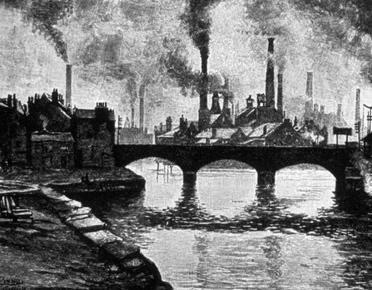On the Philosophy of Quantum Theory - Hyunjo Kim Introduction When the idea of quantum mechanics first emerged in the early 20th Century, there was not much consensus among physicists about the interpretation of it. Although there are fundamental mathematical formalisms of quantum mechanics, they are uninterpreted and have many philosophical problems. These include the issue of quantum nonlocality, the ontology of quantum states, and the way we understand the structure of space-time. A lot of these propositions troubled Einstein and the view of an ‘objective reality’, which contradicted the dynamical degrees of freedom and probability of quantum theory; he famously wrote to Max Born that he is convinced that ‘[God] does not play dice1 ’. Einstein, Podolsky, and Rosen went on to formulate a paradox concluding that the ‘wave function does not provide a complete description of the physical reality2 ’, which considered a realist’s approach to quantum mechanics. However, there was another school of thought, with physicists such as Niels Bohr who believed in the epistemic theory of the quantum world. Despite empirical evidence, the underlying basis of quantum states remains to be debated upon. It is impossible to truly posit a philosophical definition of our physical reality based on quantum theory. No one can really understand quantum mechanics3 , however, this discussion will close in on the methodology to address its issues.
The criterion was provided: ‘If, without in any way disturbing a system, we can predict with certainty (i.e., with probability equal to unity) the value of a physical quantity, then there exists an element of physical reality corresponding to this physical quantity.’ In other words, a physical reality only exists if the initial state of the system has a ‘hidden variable’, which would explain the random measurement results. This is called local realism; each element, each particle in this entangled system is predetermined when it first interacts. Most importantly, the EPR paradox did not contradict the theory of relativity.
The EPR Paradox: nonlocality and physical systems The EPR Paradox examines a physical system of a pair of entangled particles4 .
Resolving the paradox: J.S. Bell Approximately 30 years later, John Bell proposed an experiment in which any local realistic theory would contradict the
The fundamental assumption on which the EPR paradox lies on is the principle of locality. However, the EPR paradox does not reject the idea of quantum mechanics at all, but it firmly states that quantum mechanics is not a complete description of physical reality. It concluded that some physical characteristic of each particle (electron and photon) must determine how it behaves under different experimental conditions. In other words, knowledge of our physical reality through quantum mechanics is flawed and faulty. However, Niels Bohr pointed out that the ‘peculiar individuality of the quantum effects that presents us, as regards the comprehension of well-defined evidence, with a novel situation unforeseen in classical physics and irreconcilable with conventional ideas5 ’.
1
Einstein and the Quantum: a letter to Max Born (Scientific American) Can Quantum-Mechanical Description of Physical Reality be Considered Complete? (1935) 3 Reference to Feynman’s famous quote, ‘I think I can safely say that nobody understands quantum mechanics’ 4 https://en.wikipedia.org/wiki/Quantum_entanglement (See for reference) 5 Discussion with Einstein on Epistemological Problems in Atomic Physics (1949) 2
6











